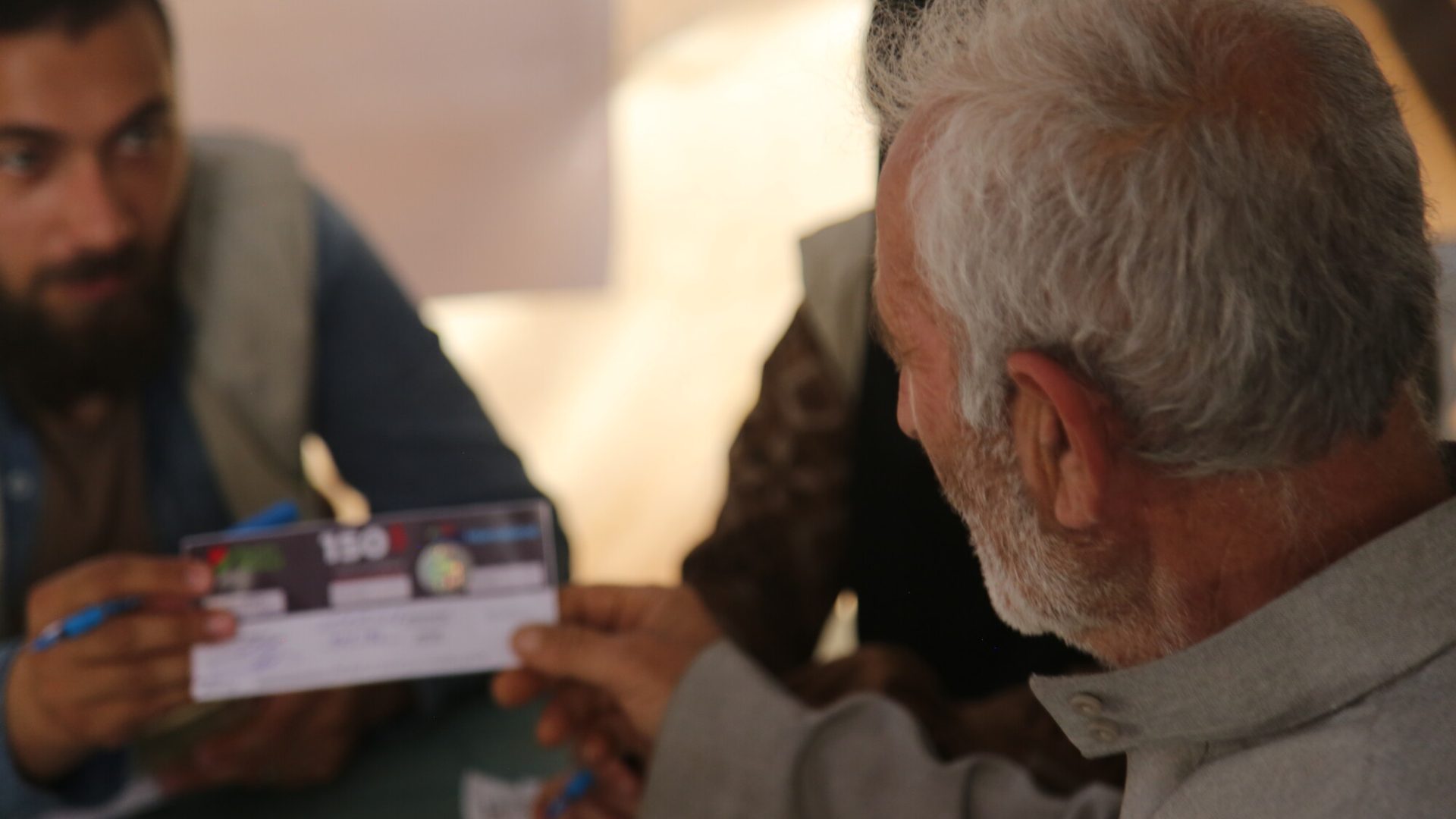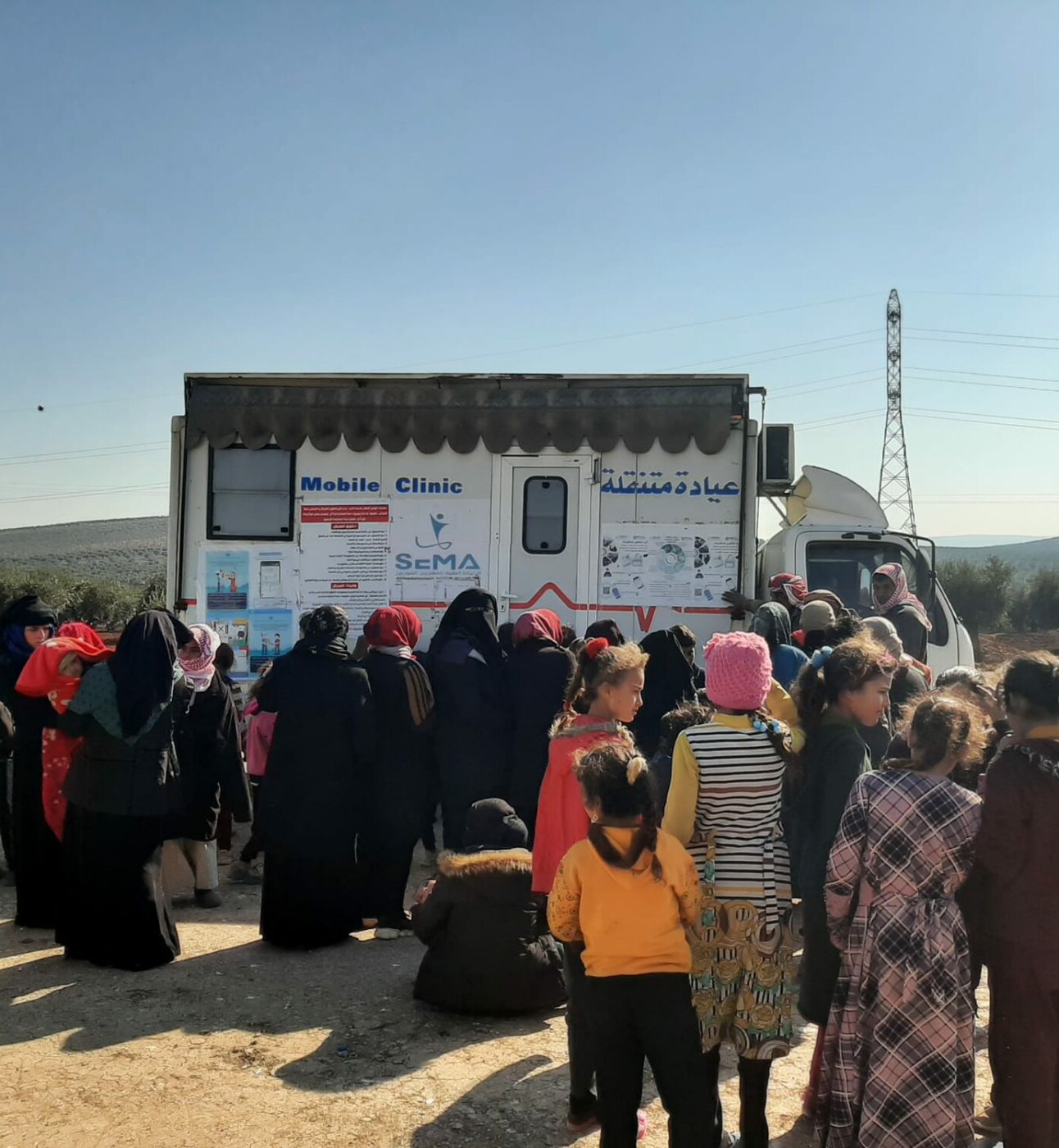Key findings:
- Outdated data is a barrier to inclusive interventions
One of the key findings from the study is that the data on older Syrian refugees in Türkiye is outdated. Although it has been acknowledged by major documents, significant changes following the pandemic and the earthquake in southeastern Türkiye have rendered previous assessments inadequate.
While some information on health and recovery is available, critical data on food security, shelter, nutrition, and WASH (Water, Sanitation, and Hygiene) is missing, especially in the post-earthquake context.
2. Health concerns and the challenge of independent living
Health remains a major concern for older refugees. Nearly half of this population suffers from chronic diseases, and their ability to live independently was further compromised by the recent earthquake.
Many older Syrians are facing deteriorating health conditions that limit their mobility and access to basic services, yet little is being done to address these challenges in a comprehensive manner.
Key recommendations:
- Collecting and utilising inclusive data
Humanitarian interventions should adhere to the Humanitarian Inclusion Standards for Older People and People with Disabilities, ensuring that age and disability data is collected and used to address barriers to services for all refugee groups. This data should cover older people’s health, major conditions, disabilities, and access to essential services. This is crucial for identifying barriers to services and ensuring that interventions consider the capabilities and contributions of older people.
2. Empowering older people: A call for inclusion and agency
Older refugees must be active participants in crisis responses. Their engagement and perspectives should be incorporated into decision-making structures and community initiatives. Humanitarian interventions must prioritise their autonomy and agency, ensuring that older people are seen not just as recipients of aid but as contributors to their communities.
Addressing the needs of older Syrian refugees in Türkiye requires a shift in how data is collected and used, as well as a commitment to their empowerment and inclusion in decision-making. Only by recognising their vulnerabilities and capabilities can humanitarian interventions truly become inclusive and effective.


